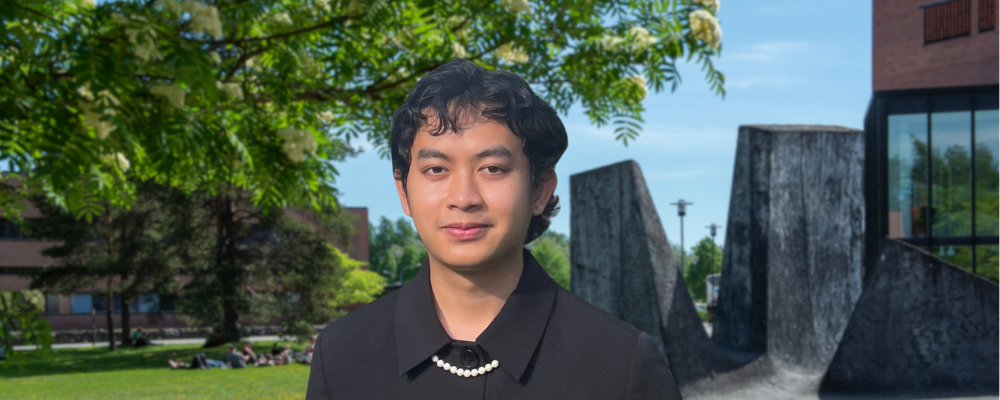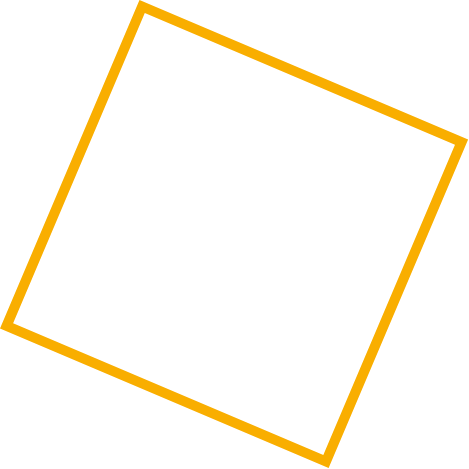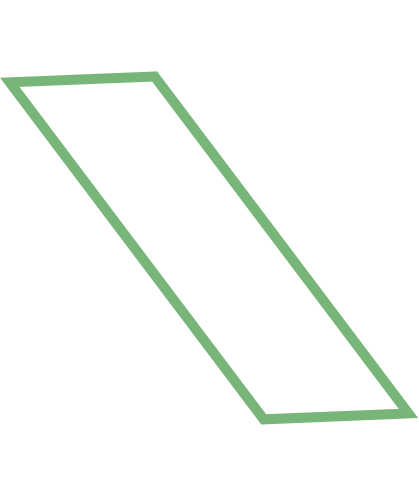
“As a child, I spent hours with an old atlas. My family couldn’t afford to travel, but I could trace the shape of islands like Sumba, Kalimantan, and Sulawesi. I followed the lines that defined Indonesia, coast to coast, as if understanding geography meant understanding something about my country. Later, with more stable internet, I turned to Google Maps. I’d drop into unfamiliar cities, read signs in scripts I couldn’t understand, and scroll endlessly through the snowy mountains and frozen rivers. I didn’t know what I was looking for. But I felt something
each time: I was curious to see the lives they have.
I didn’t realize it then, but I was learning how to pay attention to spaces and to people I’d never meet. To the quiet sense that something exists. That kind of attention is what shaped how I moved through university. That’s also what drew me to YUFE. The idea that learning could happen across languages, systems, and borders felt intuitive, like an extension of the way I’d always learned to look at the world. YUFE gave structure to that instinct. It allowed me to study across institutions, to build connections between cities, and to ask questions that didn’t always fit neatly into one discipline or one country. It reminded me that knowledge doesn’t stop at the edge of a campus or a nation-state, it moves, like people do…
Because maps don’t just show what exists. They show what’s allowed to be seen. And more importantly, what’s allowed to be ignored. And maybe that’s why YUFE made sense to me. The idea of crossing borders, not just physical, but intellectual ones felt familiar. I didn’t come
to university with a straight path. But I had a compass. In my family, “university” wasn’t something we talked about. So when I received a full scholarship from University College Maastricht, I made a promise to make the most of it.
In the University of Eastern Finland, I studied how environmental systems are governed, and who gets to decide. In the University Carlos III de Madrid, I explored how knowledge is framed. In Sorbonne Nouvelle Paris, I saw how cities can be reshaped from the ground up…
So if you’re graduating today with more questions than answers, I want to say: good, you are in the right path and that’s your compass. It won’t always give you certainty. But it will help you move with intention. And maybe that’s what makes this degree real for me. Not just that
it’s truly European degree. But that it taught me how to move with questions, and with the courage to ask what’s missing.”
YUFE Graduation Ceremony speech
Ridho Maulana Dirgantara – YUFE Student
University of Eastern Finland


